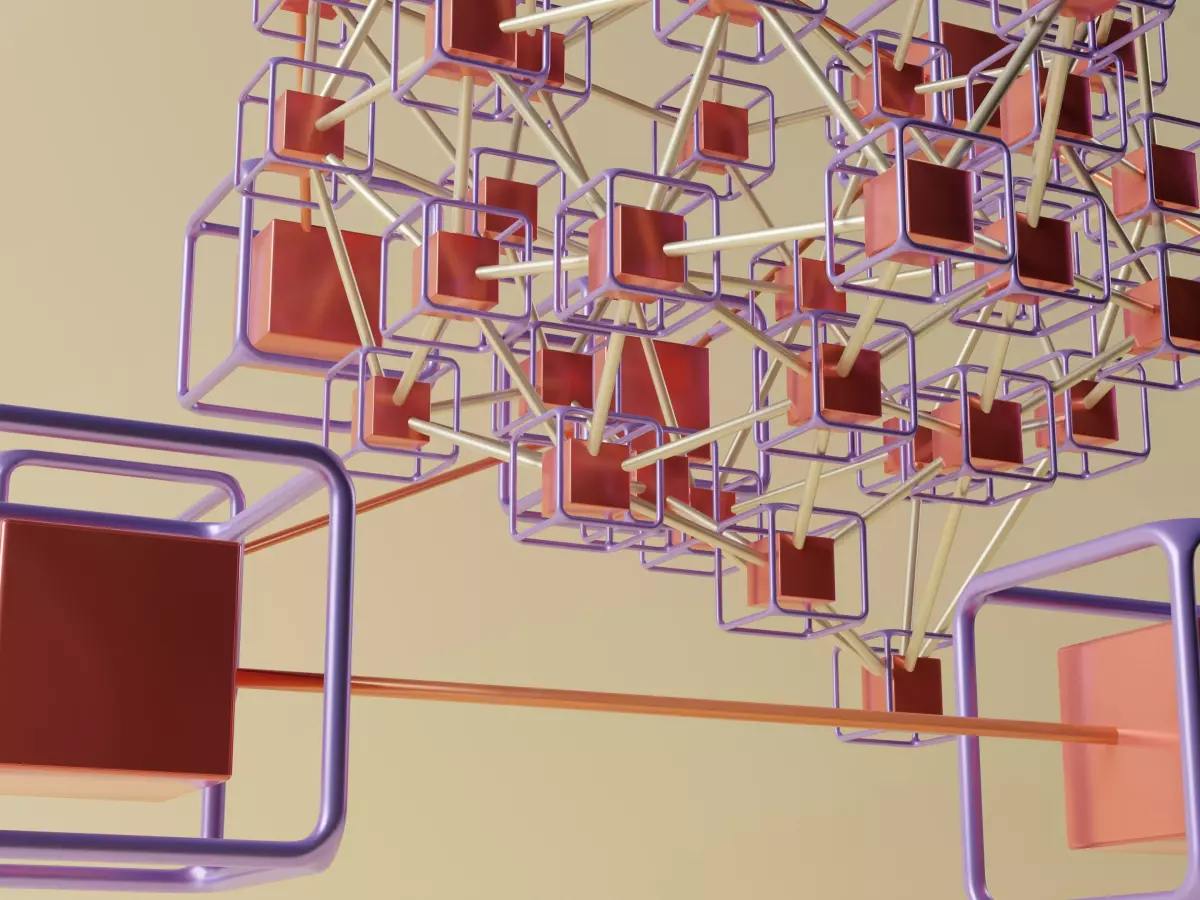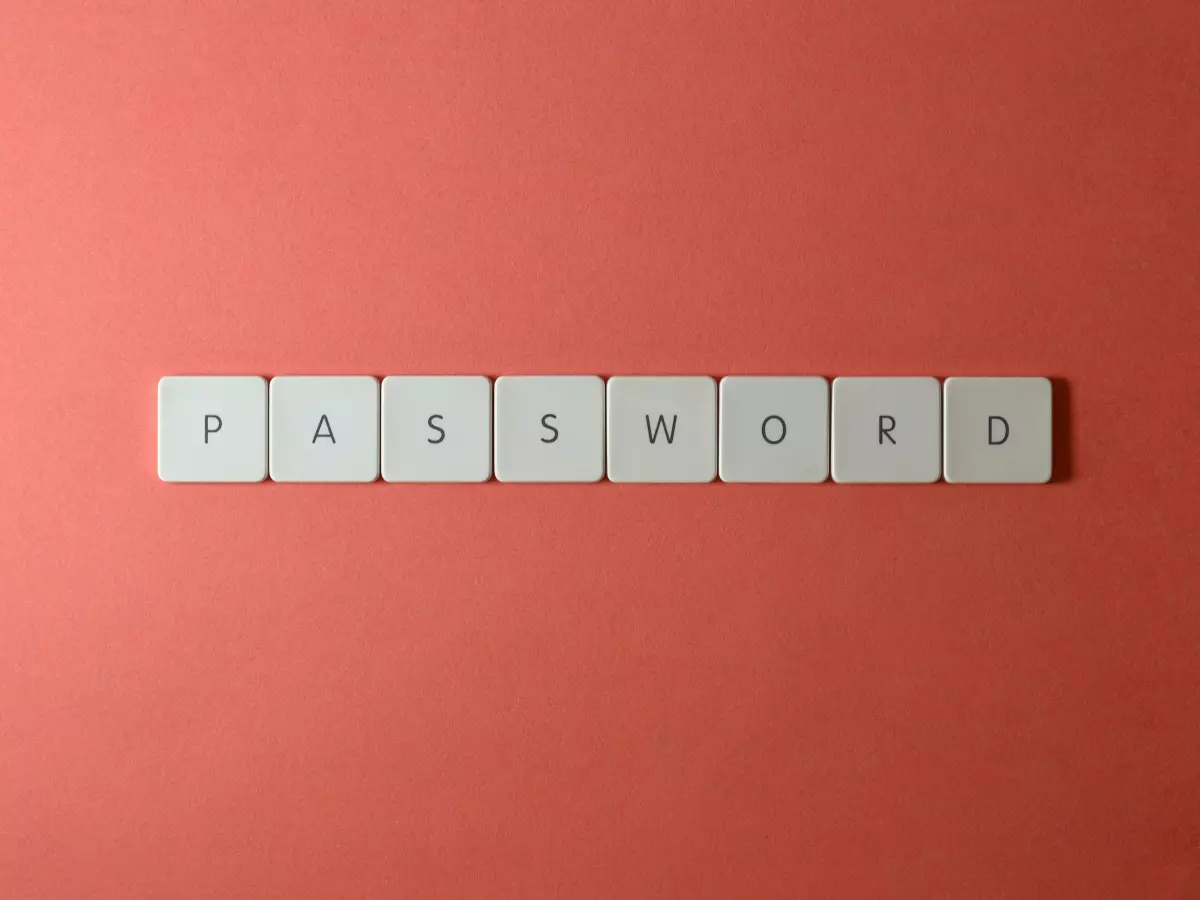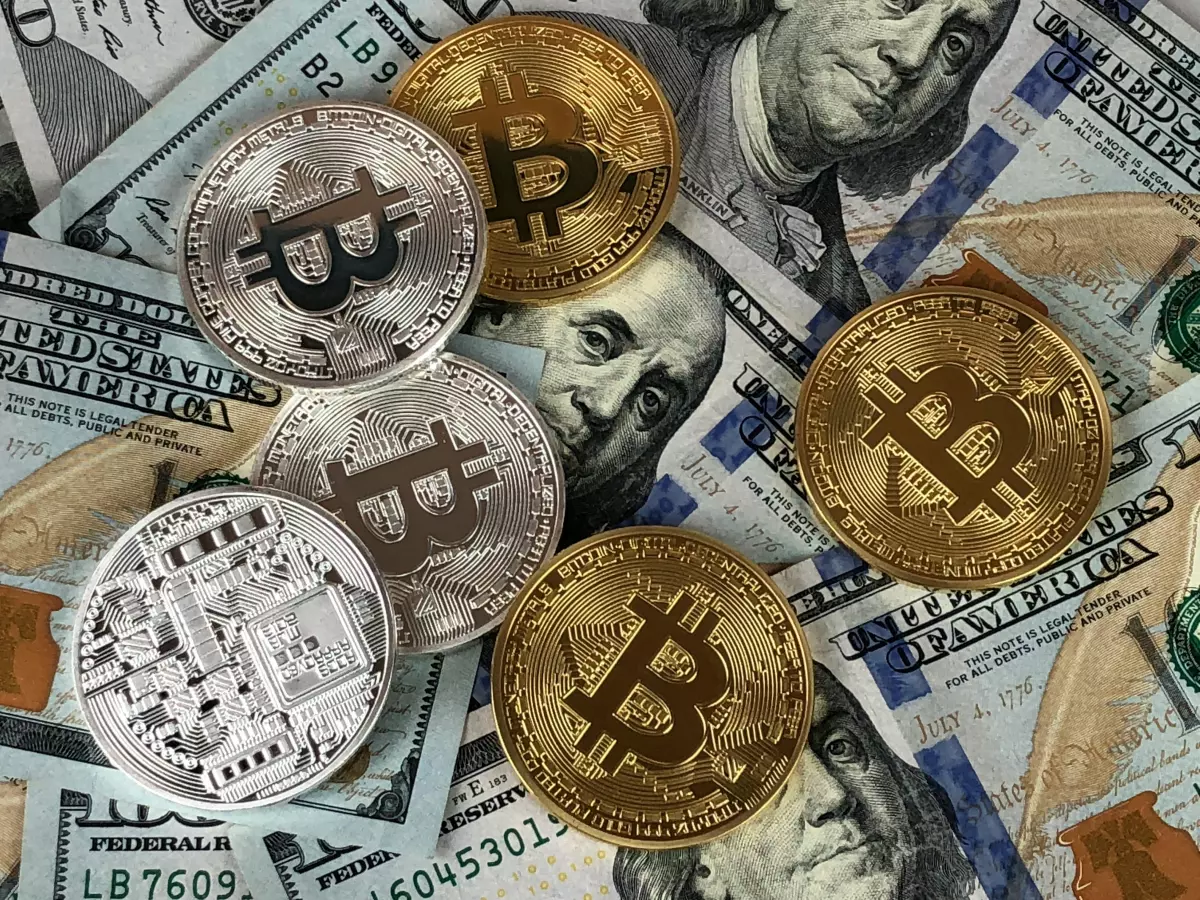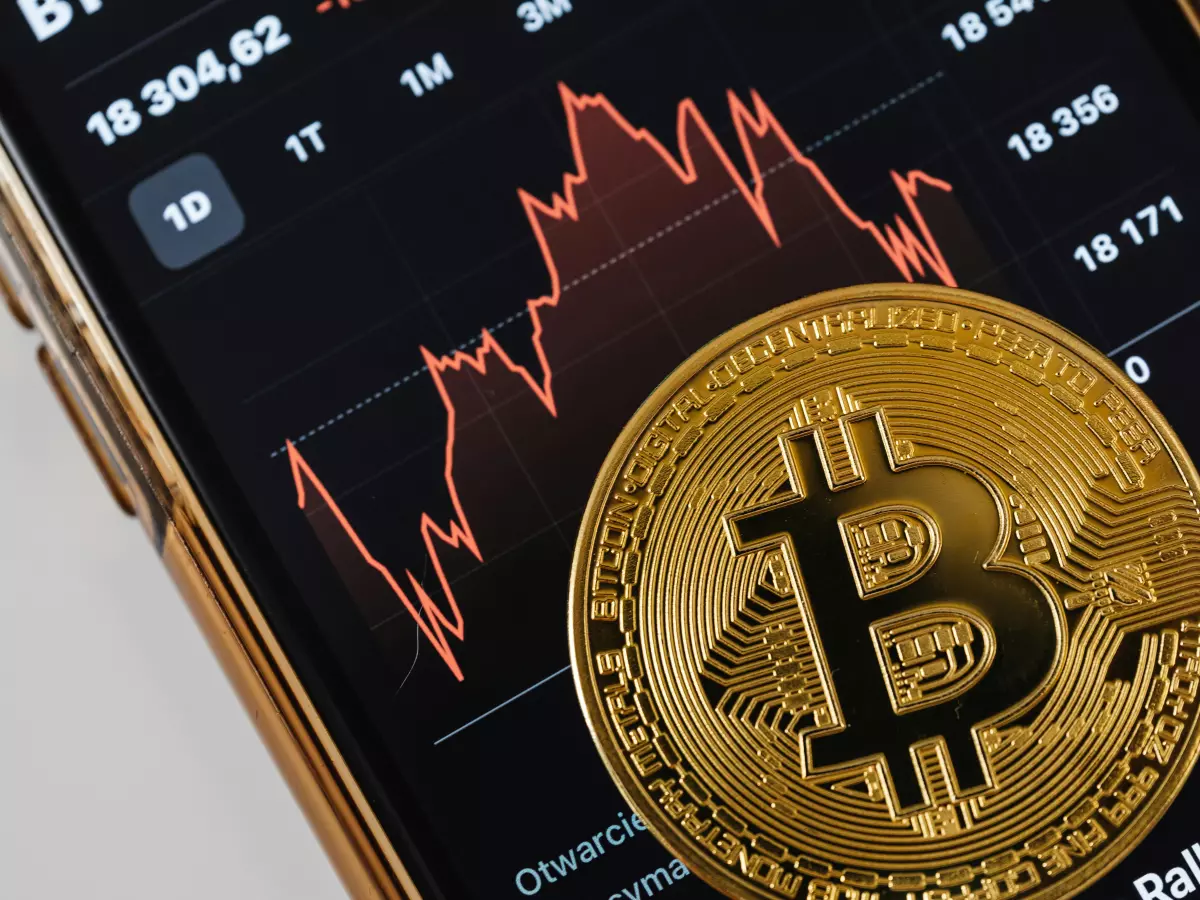Rollups Unleashed
Blockchain rollups are quietly revolutionizing how we think about crypto transactions.

By Sarah Kim
Imagine you're at a concert, and the line to get in is so long that you might miss the opening act. Now, picture a VIP line where all you need is a special pass, and you're in within minutes. That's basically what blockchain rollups are doing for cryptocurrency transactions—cutting the line and speeding things up.
But wait, it gets better. Not only do rollups make transactions faster, but they also reduce costs. In the world of crypto, where gas fees can sometimes feel like highway robbery, this is a game-changer. So, what exactly are blockchain rollups, and how do they work? Let’s dive in.
What Are Blockchain Rollups?
In simple terms, blockchain rollups are a scaling solution designed to improve the speed and efficiency of transactions on a blockchain network. They do this by bundling—or “rolling up”—multiple transactions into a single batch, which is then processed off-chain. Only the final result of the batch is recorded on the main blockchain, significantly reducing the amount of data that needs to be processed on-chain.
Think of it like a group of friends splitting a dinner bill. Instead of each person paying the restaurant individually, one person pays the total, and everyone else reimburses them later. The restaurant only has to process one payment, making the whole thing quicker and easier.
There are two main types of rollups: Optimistic Rollups and Zero-Knowledge (ZK) Rollups. Both aim to achieve the same goal—scaling the blockchain—but they go about it in different ways.
Optimistic Rollups vs. ZK Rollups
Optimistic Rollups assume that all transactions in a batch are valid unless proven otherwise. This “optimistic” approach allows for faster processing times, but it also means that there’s a window of time where someone could challenge the validity of a transaction. If a challenge is made, the transaction is checked, and if it’s found to be fraudulent, it’s reversed.
On the other hand, ZK Rollups (Zero-Knowledge Rollups) take a more cautious approach. They use cryptographic proofs to verify the validity of each transaction in the batch before it’s processed. This makes ZK Rollups more secure but slightly slower than Optimistic Rollups. However, they’re still faster than processing each transaction individually on-chain.
So, which one is better? It depends on what you value more—speed or security. Optimistic Rollups are faster, while ZK Rollups offer a higher level of security. Either way, both are a massive improvement over traditional on-chain transactions.
Why Rollups Matter for Crypto
Now, you might be wondering, “Why should I care about rollups?” Well, if you’ve ever been frustrated by slow transaction times or sky-high gas fees, rollups could be your new best friend. By reducing the amount of data processed on-chain, rollups make transactions faster and cheaper without sacrificing security.
For example, Ethereum, one of the most popular blockchains, has been notorious for its high gas fees, especially during times of network congestion. Rollups offer a solution to this problem by offloading much of the transaction processing to off-chain systems, leaving the main blockchain less congested and more efficient.
In fact, some experts believe that rollups could be the key to making blockchain technology more scalable and accessible to the masses. With rollups, we could see a future where blockchain networks can handle thousands of transactions per second, making crypto as fast and efficient as traditional payment systems like Visa or PayPal.
Security Considerations
Of course, no technology is without its risks, and rollups are no exception. While they offer significant improvements in speed and cost, there are still some security concerns to keep in mind.
For Optimistic Rollups, the main risk lies in the challenge period. Since transactions are assumed to be valid unless challenged, there’s a small window of time where a fraudulent transaction could slip through. However, this risk is mitigated by the fact that anyone can challenge a transaction, and if fraud is detected, the transaction is reversed.
ZK Rollups, on the other hand, are more secure because they verify each transaction before it’s processed. However, they rely on complex cryptographic proofs, which can be difficult to implement and may introduce new vulnerabilities if not done correctly.
Despite these risks, rollups are generally considered to be a secure and effective scaling solution for blockchain networks. As the technology continues to evolve, we can expect to see even more improvements in both speed and security.
The Future of Rollups
So, what’s next for blockchain rollups? As more and more projects adopt rollups as a scaling solution, we’re likely to see continued innovation in this space. Some developers are already working on hybrid rollups that combine the best features of both Optimistic and ZK Rollups, offering a balance between speed and security.
In the long run, rollups could play a crucial role in making blockchain technology more scalable, efficient, and accessible to everyday users. Whether you’re a crypto enthusiast or just someone who wants faster, cheaper transactions, rollups are definitely something to keep an eye on.
So, the next time you’re stuck waiting for a transaction to go through, just remember—there’s a VIP line, and it’s called rollups.





